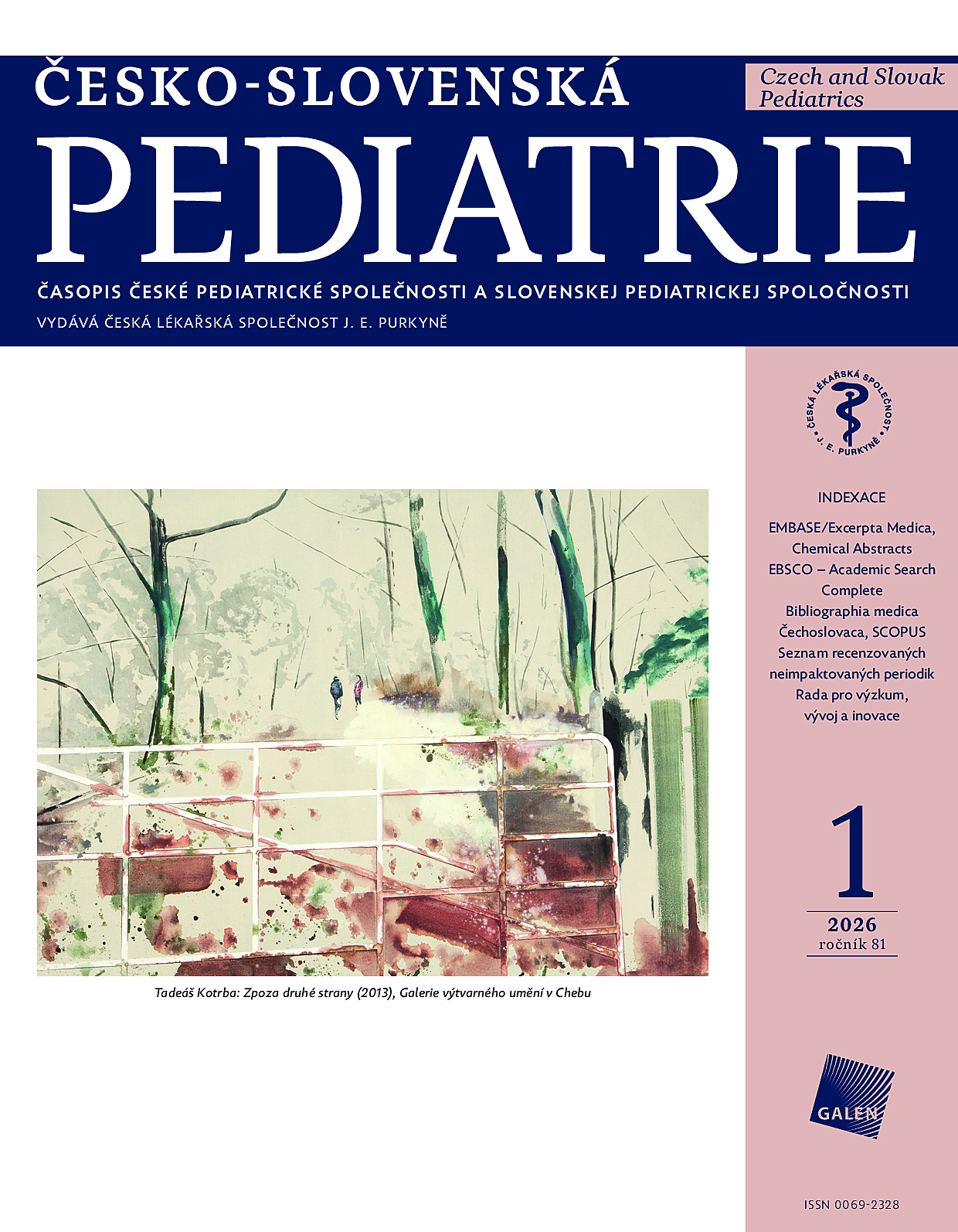-
Medical journals
- Career
News

Fluoroscopically Calibrated 3D-Printed Tools Increase Osteotomy Precision During Tumor Resection Near Joints
30. 10. 2024 Source: proLékaře.czThe area around the knee is a common site for malignant bone tumors, such as osteosarcomas. Their removal typically involves R0 resection, which is the complete removal of tumor tissue. Because these tumors are located close to joints, a wide resection often extending into the joint is necessary. However, with advances in imaging techniques and new technologies, joint-preserving procedures are increasingly being performed. Surgeons are assisted in this by tools custom-made for specific procedures.

Intermittent Fasting May Carry Significant Health Risks
Results from an observational study presented at this year’s American Heart Association (AHA) Congress revealed surprising findings. Eating restricted to an 8-hour window daily—a popular form of…
Smaller Volume and Faster Infusion Rate of aPCC: What Do Current Data Say About This Modification?
Administering an infusion of activated prothrombin complex concentrate (aPCC) at the standardized rate of 2 U/kg/min can be time-consuming, especially when repeated applications are needed. The authors...6. 10. 2024 Source: Hemophilia
Portal Vein Thrombosis as a Complication of COVID-19 Infection – A Case Study
COVID-19 Infection is Associated with a Higher Risk of Thrombotic Complications. Many cases of deep vein thrombosis or pulmonary embolism have been described in connection with this disease, but portal...4. 10. 2024 Source: proLékaře.cz
Experience with 20% subcutaneous immunoglobulin in the treatment of primary immunodeficiency
Patients with primary antibody deficiency are administered immunoglobulin (Ig) replacement therapy to prevent recurrent infections. An open-label phase III study evaluated the efficacy and safety of a...12. 9. 2024 Source: proLékaře.cz
The Benefit of Liposomal Irinotecan in the Treatment of Pancreatic Cancer in a Young Patient – A Case Study
Pancreatic tumors continue to be a challenge in modern oncology. Due to the asymptomatic nature of early stages, most cases are diagnosed in advanced stages. The five-year survival rate of patients…9. 9. 2024 Source: Treatment of Gastrointestinal Carcinomas
Each Missed Dose of Thromboprophylaxis in Trauma Patients Significantly Increases the Risk of VTE
Available data shows that enoxaparin prophylaxis effectively reduces the incidence of venous thromboembolism (VTE) without significantly increasing the risk of bleeding. Despite this evidence, the administration...6. 9. 2024 Source: proLékaře.cz
Biosimilars in the Prophylaxis of Venous Thromboembolism
Hospitalized patients with internal diseases or after surgery have an increased risk of venous thromboembolism (VTE). The first-line prophylaxis for patients at high risk of thrombosis with an acceptable...4. 9. 2024 Source: proLékaře.cz
Technology allows children in palliative care to escape from the hospital room for a while
Children's palliative care is a field that is just developing in our country. Palliative teams are inspired by foreign practices and strive to integrate their own experiences and those of their…22. 7. 2024 Source: proLékaře.cz
With MD Eva Drbohlavová on Innovations in the Treatment of von Willebrand Disease and Improving Patients' Quality of Life
Von Willebrand Disease (vWD), as the most common congenital bleeding disorder, remains underdiagnosed. However, thanks to new insights and advances in genetic testing, both diagnosis and long-term…17. 7. 2024 Source: Von Willebrand Disease
Artificial Intelligence Helps Dentists Find Cavities or Create Implants
Just like in other fields of medicine, artificial intelligence (AI) has been experiencing a significant boom in dental medicine recently. It finds use in several areas here – diagnosis, treatment…10. 7. 2024 Source: proLékaře.cz
The Role of Inflammation in the Cardiovascular Continuum and the Aging Process
Inflammation plays a role at various stages of the cardiovascular (CV) continuum, in both atherosclerotic and non-atherosclerotic CV diseases. Where to look for inflammation in the pathophysiology of…9. 7. 2024 Source: Risk factors of cardiovascular diseases
Subcutaneous vs. Intravenous Immunoglobulins in Patients with CLL
Secondary antibody immunodeficiency is a common complication in patients with chronic lymphocytic leukemia (CLL), and infections, along with secondary malignancies, are the leading cause of death in…8. 7. 2024 Source: Primary and Secondary Immunodeficiencies
Talking without vocal cords? A new AI-supported technology may help
A team of bioengineers from the University of California, Los Angeles (UCLA) has developed a thin, flexible device measuring just over 2.5 cm2 that adheres to the neck and converts laryngeal muscle…3. 7. 2024 Source: proLékaře.cz
Bimekizumab in the treatment of moderate to severe hidradenitis suppurativa – another approved indication for this biological agent
In May, the primary results of the BE HEARD I and II studies evaluating the efficacy and safety of the IL-17A and IL-17F inhibitor bimekizumab in the treatment of moderate to severe hidradenitis…1. 7. 2024 Source: PsoriasisLogin#ADS_BOTTOM_SCRIPTS#Forgotten passwordEnter the email address that you registered with. We will send you instructions on how to set a new password.
- Career















